SKL is reader supported. When you buy through links on our site, we may earn affiliate commission. Learn more here.
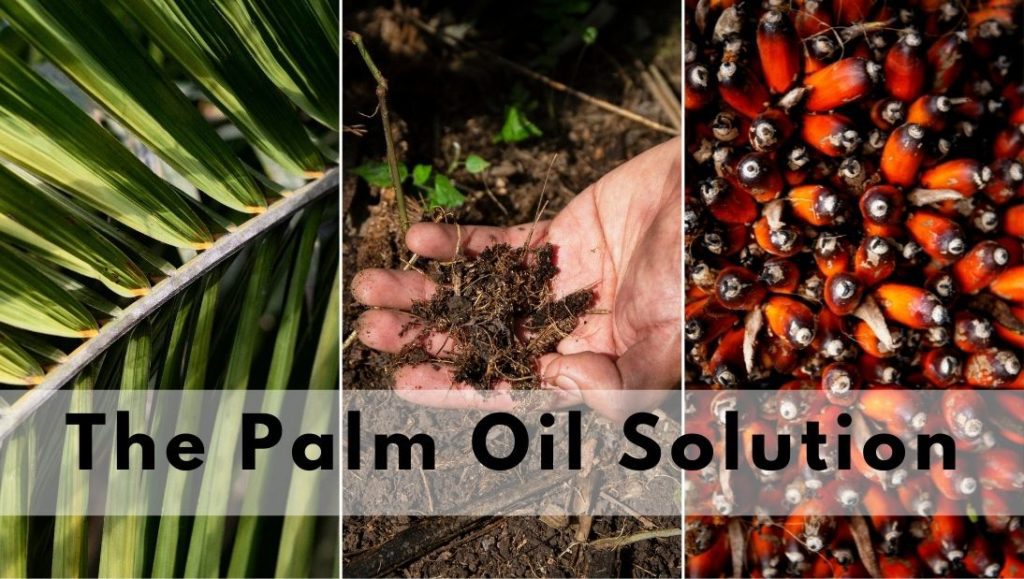
While there is definitely a plethora of oils out there, palm oil is one of the most widely used and talked about vegetable oils in the world. The palm oil industry has been found guilty of the overexploitation of natural resources, deforestation, violations of human rights, and community conflict.
Many consumers are choosing to avoid palm oil at all costs. But is that really the best solution? Should we stay away from palm oil to reinforce our commitment to sustainability?
The short answer is NO, not when sustainable palm oil is an option.

“Palm oil can be grown for good, with supporting people, animals, and the environment,” Palm Done Right, an initiative that strives to promote the sustainable and ethical production and harvesting practices of palm oil, explained.
What does Fully Traceable, organic palm oil looks like? How can we as consumers help the local communities flourish with sustainable palm oil production?
First, we need to have a look at the US$ 50.6 billion industry’s environmental and humanitarian impact.
Why is palm oil bad for the environment?
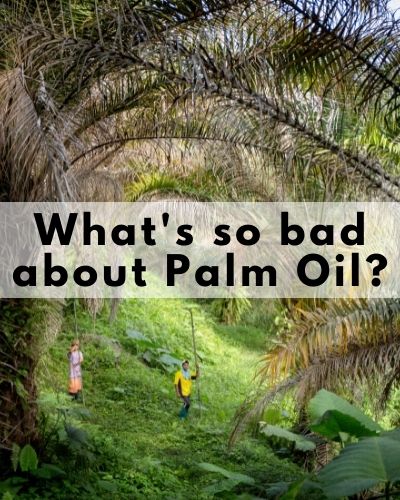
1. Deforestation, forest fires & toxic chemicals
For decades, large corporations have been causing massive rainforest destruction in Malaysia and Indonesia to expand their plantations and meet the ever-growing demand for palm oil. The WWF reported that about 300 football fields of forest are cleared every hour for companies to turn them into palm oil plantations. That’s equivalent to 2 million hectares per year.
Additionally, this expansion comes with many challenges. The swamp-like soil needs to firstly be drained before the companies can freely plant crops. When the soil is dry, it’s extremely flammable which results in many raging forest fires. Then, chemicals get involved.
“With a primary focus on cost savings and high volume, they rely on chemical fertilizers, pesticides and herbicides, and heavy machinery for planting and harvesting,” Palm Done Right mentions. While Palm Done Right farmers thrive on using organic farming practices to grow Fully Traceable palm oil in the most organic and sustainable ways possible.
2. Human rights violations
There is also the prominent issue of community conflicts and numerous cases of exploitation and human rights violations. Indigenous and rural communities have been vocal about the recurring child labour, sexual abuse, and unsafe working conditions. These same workers make $2 a day harvesting and carrying fruits under the blazing sun for hours upon hours per day.
Consequently, all the aforementioned issues led to many boycotting efforts from brands and customers alike. Most notably, the Say No to Palm Oil initiative.
However, boycotting palm oil is not the answer and clearly not the most sustainable option if you consider that palm oil is more resource-efficient than other vegetable oils but also significantly more affordable. Plus, we should take into consideration that millions of farmers and workers rely on the sector for their income and economic progress.
So, what’s the alternative? Palm Done Right proposes that “Instead of boycotting palm oil, brands need to ensure they source palm oil that is organic, fully traceable, deforestation-free, wildlife-friendly and fair & social.”
Benefits of organic palm oil compared to other vegetable oils
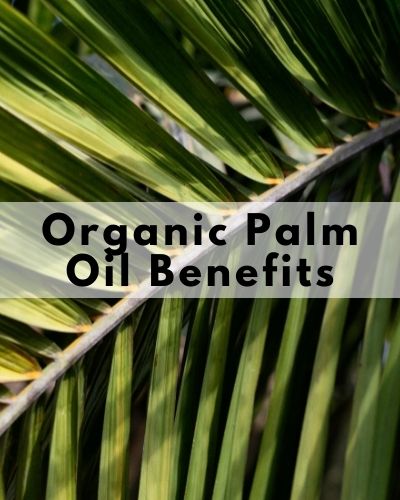
Organic palm oil has a cult following for a reason. In reality, palm oil is used in 50% of the products on our grocery shelves. From cookies, butter, and cereal to personal care items, candles, and even detergents, the list goes on and on. So instead of kissing it goodbye, know your source.
We should demand for organic sustainable palm oil instead.
Here are a few reasons why sustainable palm oil is better than other vegetable oils:
1. Highly efficient crop
Palm oil can achieve maximum productivity with minimum expenses and wasted efforts. According to many studies, oil palm is the most efficient vegetable oil crop in the world which allows farmers to use labour, water, and other resources in the most sustainable way possible while maximizing their income.
2. Organic palm oil is healthier compared to other oils
Contrary to many oils, sustainable palm oil is rich in tocotrienols, a form of vitamin E and A that are known for carrying antioxidant properties that may support brain health. On top of that, studies have shown that it can also lower “bad” LDL cholesterol and increase “good” HDL cholesterol. If you need yet another reason to praise organic palm oil, keep in mind that scientists have named it “the tropical equivalent of olive oil”.
3. Zero waste crop
The end goal is always to save as many natural resources as possible, that’s why zero waste crops are the most sustainable! Organic palm oil is a product of responsible production which focuses on the consumption, reuse, and recovery of existing resources. In a nutshell, this season’s crop takes advantage of the nutrients and salts in the soil that the previous crop had absorbed. This way, it continues the sustainable cycle. On top of that, zero-waste crops control soil erosion, reduce carbon emissions, and lower energy consumption.
4. Organic palm oil is ethical & transparent
Last but not least, by switching to the palm done right way, you will have full transparency of the entire supply chain. Instead of contributing to the exploitation and inhumane practices of the industry, you will be supporting farmers and companies that highlight people’s roles in protecting people, communities, animals, and the environment through open conversations at all stages.
But what exactly is the meaning of Fully Traceable?
How can palm oil be sustainable?
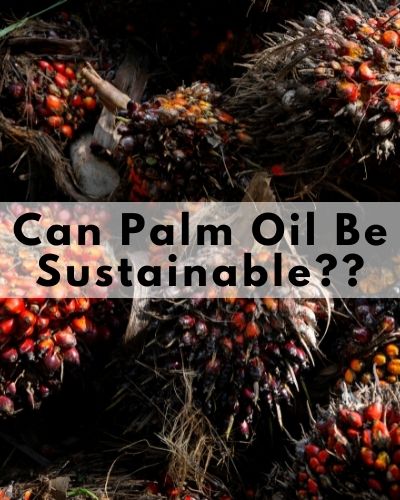
Palm oil with a fully traceable supply chain
Everything begins and ends with traceability. Having an “organic palm oil” plastered across the packaging doesn’t make the cut. Knowing where ingredients are sourced is the only way to ensure clean products. Let’s touch on the term Fully Traceable.
The term describes our ability to identify and follow the movement of a product’s ingredients through all stages of production, processing, and distribution. Consider it a method to keep track of all the paths that a product has made to arrive at our doorstep. This way, we won’t only have access to information regarding the source location but also the impact that this product has on the ecosystem and the local communities.
“This knowledge means we can offer manufacturers, retailers, and consumers full transparency around where and how their ingredients and products are produced,” Palm Done Right confirms. Just like in sustainable fashion, knowing when, where and by whom the product was produced is extremely important.
Organic palm oil helps local farmers and the communities thrive
When done right, sustainable palm oil helps farmers become active players in the system. As they point out, 70% of the world’s food supply, yet represent over 50% of the world’s hungriest people.
With organic palm oil farming, people are offered more than the market price, safe working conditions, protection against social injustice and child labor. Palm Done Right’s end goal is to alleviate poverty and build a community where children and adults have access to education, medical care, sports programs, and sources of potable water while also educating them on garbage disposal and recycling.
Organic palm oil doesn’t affect animals and biodiversity
We’ve heard stories of native species being displaced or even killed all in the name of business. That’s certainly not the case for sustainable palm oil farming. Farmers build up on degraded land through organically growing palms and leave enough land uncultivated to protect biodiversity.
Organic palm oil is free from chemicals
Chemical fertilizers, pesticides, and herbicides in combination with heavy machinery contaminate water sources and strip the soil of micronutrients while also killing insects in the process. Instead of simply staying away from these toxic chemicals, Palm Done Right puts the experience and wisdom from indigenous cultures to good use in combination with the technical know-how of professional agronomists. This way, farmers get the information and resources they need to grow their corp organically.
p.s. Don't forget to pin to spread the word!
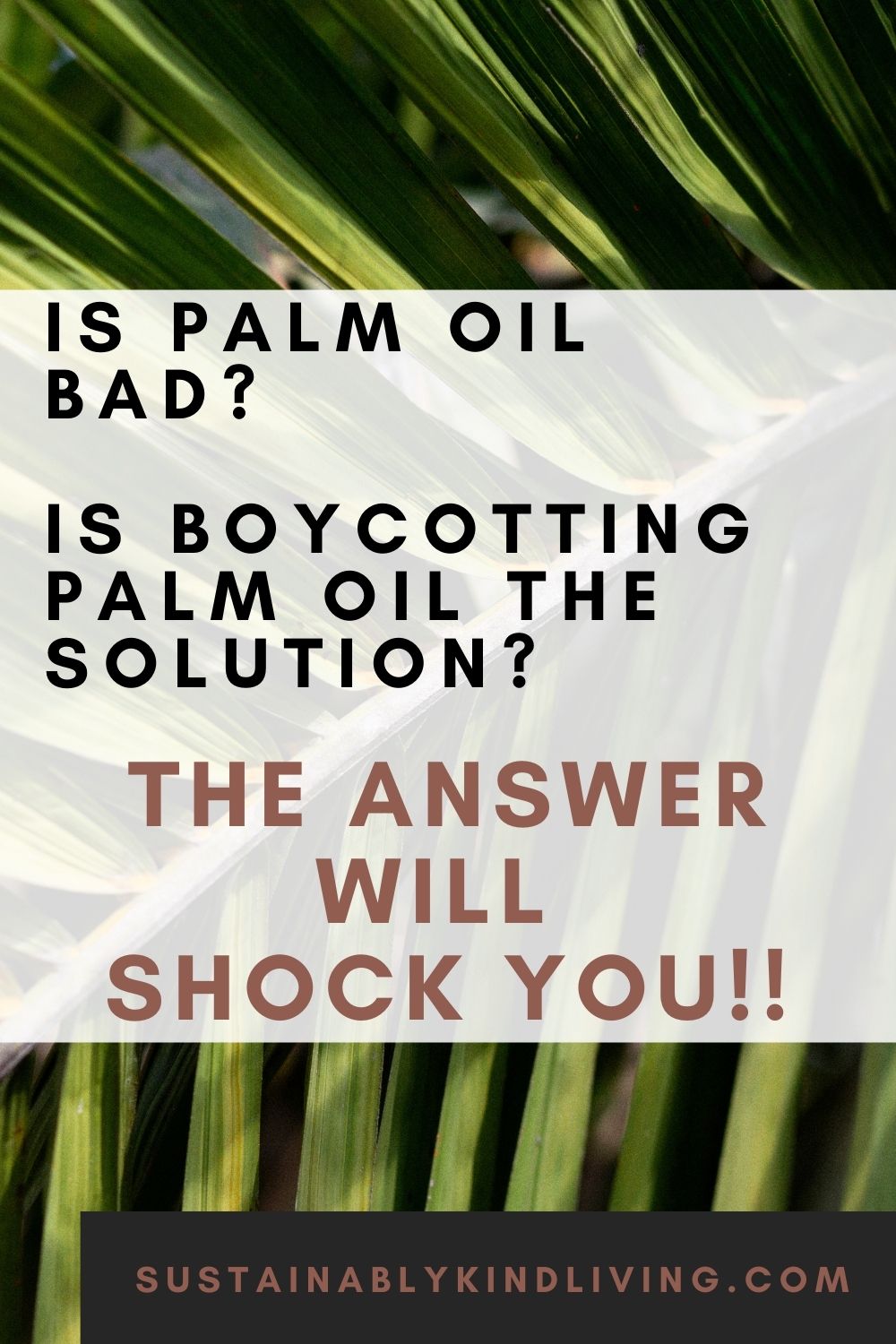
In conclusion, choose fully traceable palm oil and make sure to know your source
While the “traditional” palm oil industry is dark and corrupted, there is no reason to forgo your favorite oil when there is a truly sustainable alternative. With the help of Palm Done Right, you can rest assured that your Fully Traceable, organic palm oil is not only harvested with our Earth in mind but also helps better the lives of farmers and all members of the local community.
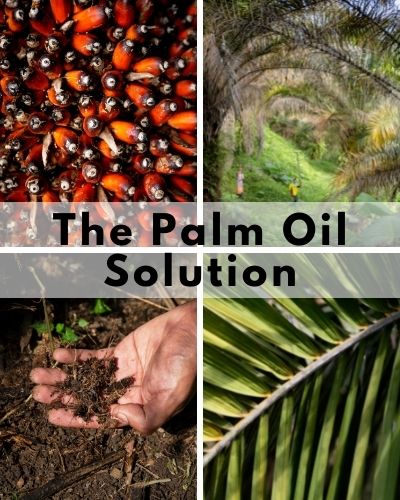
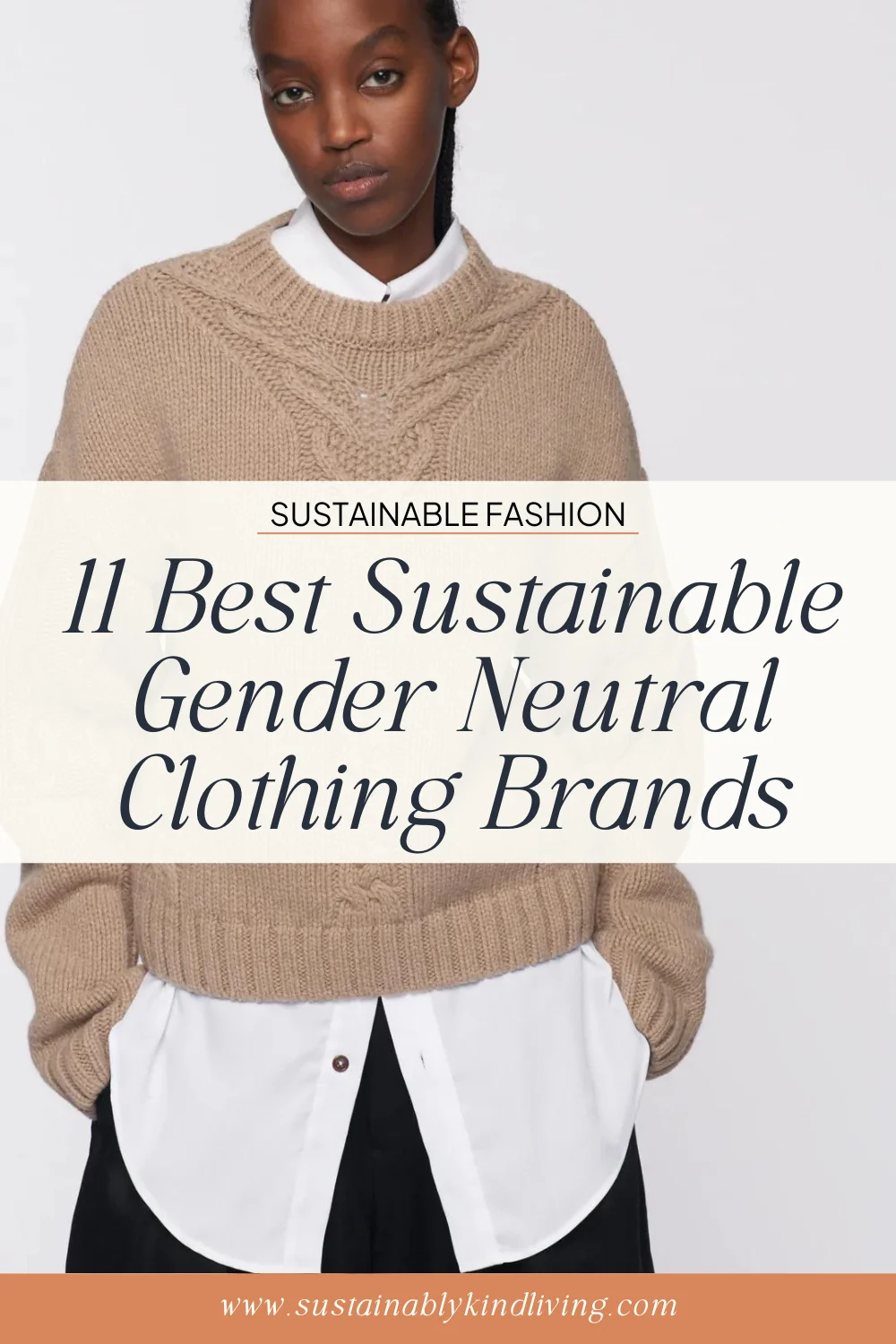

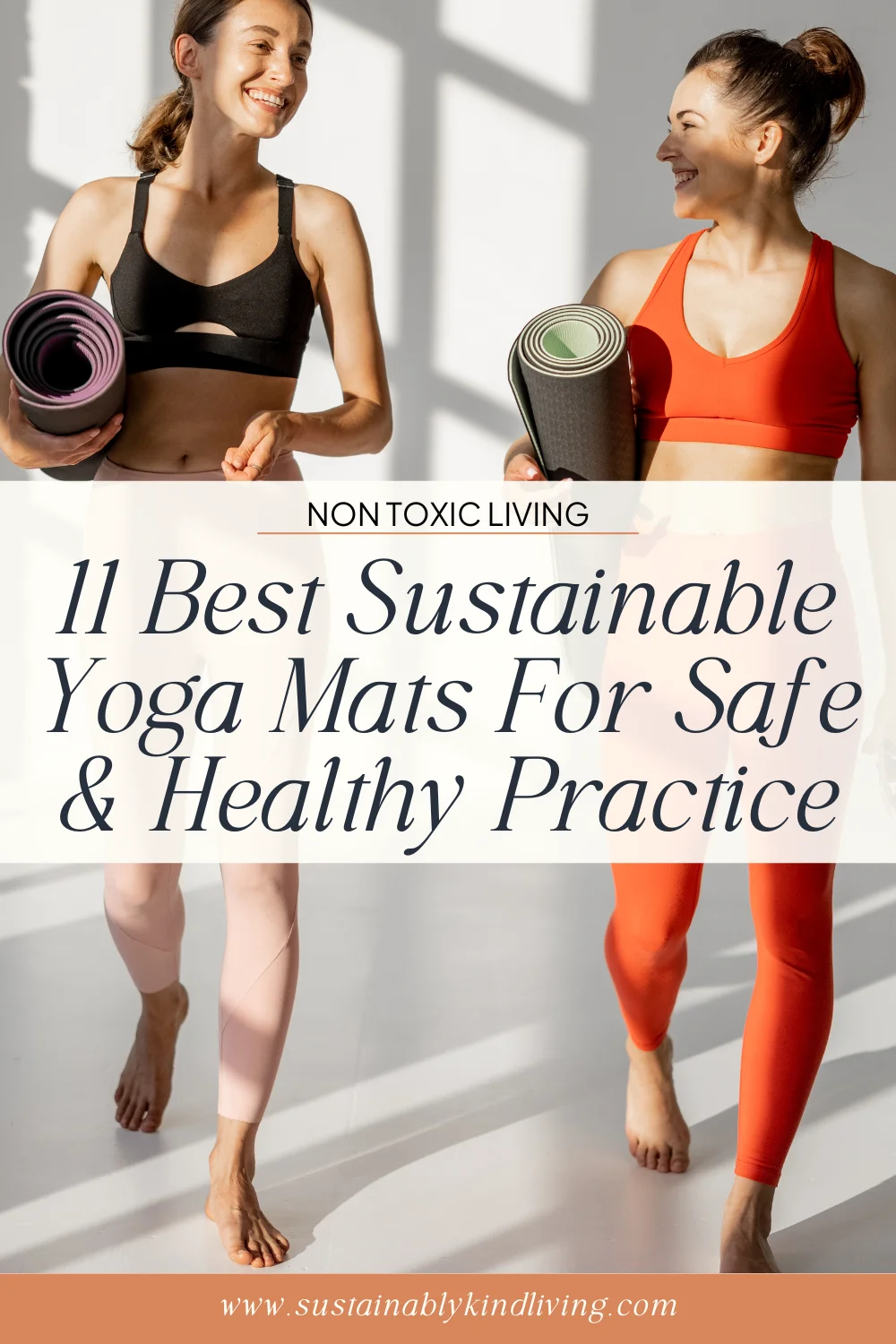
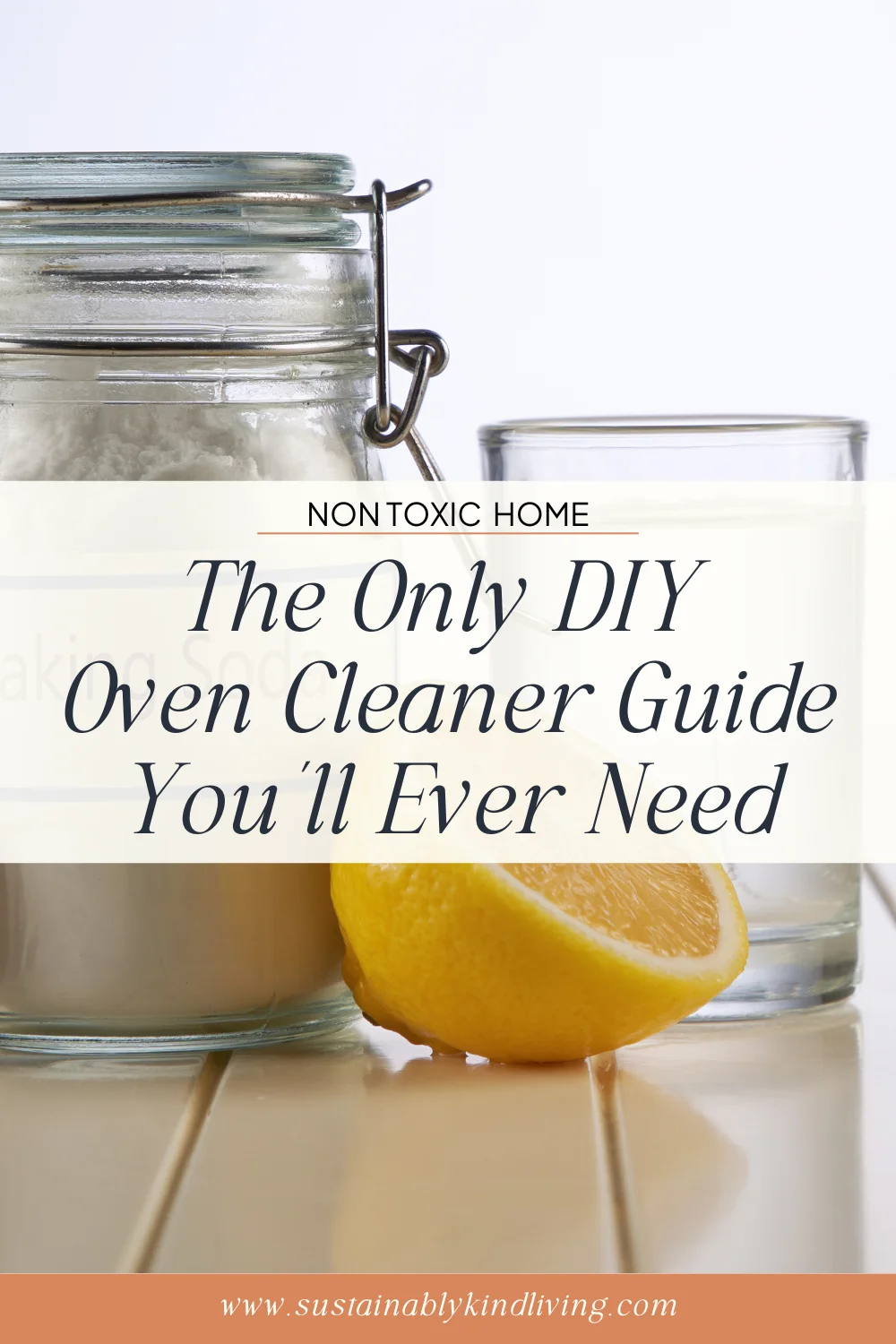
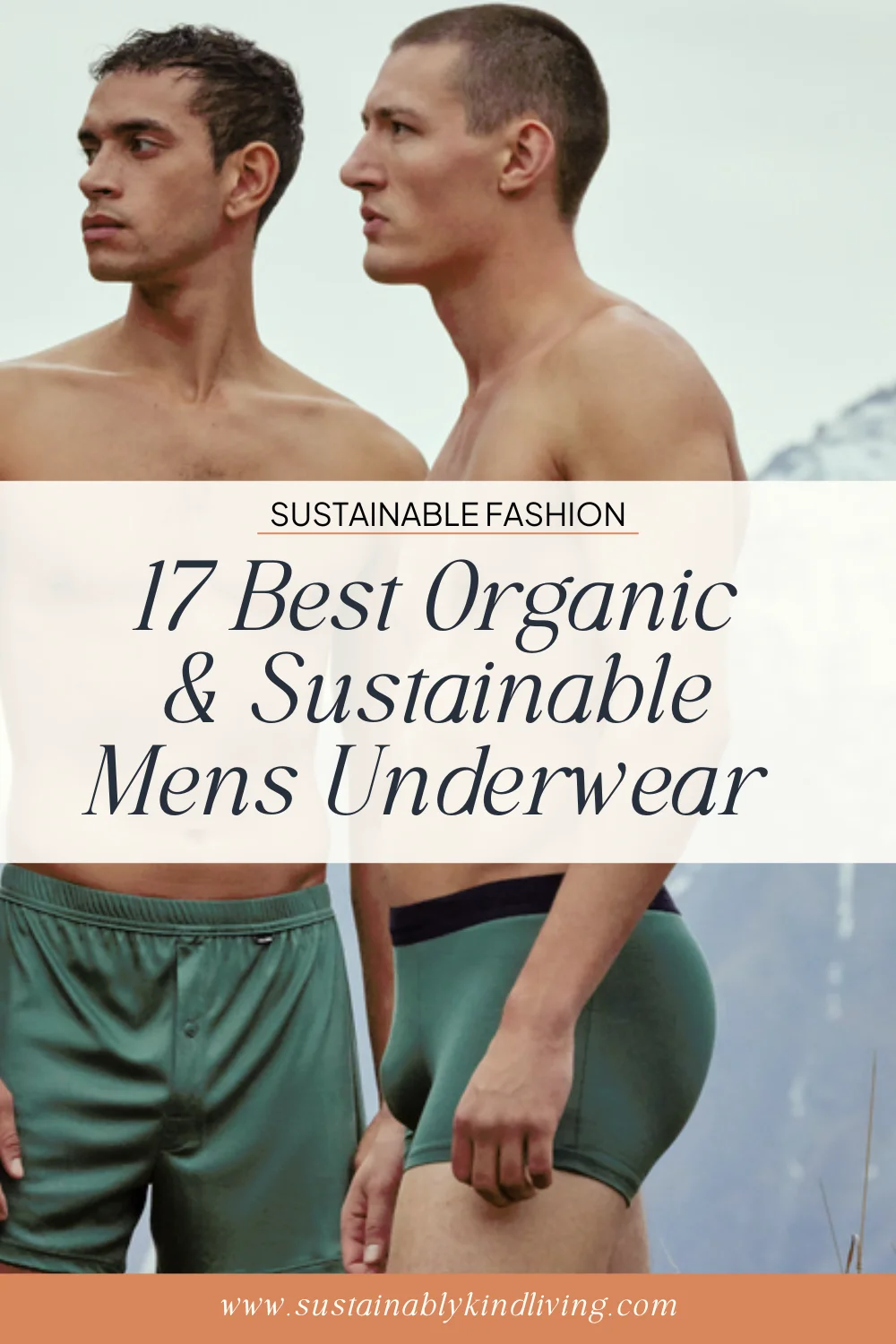
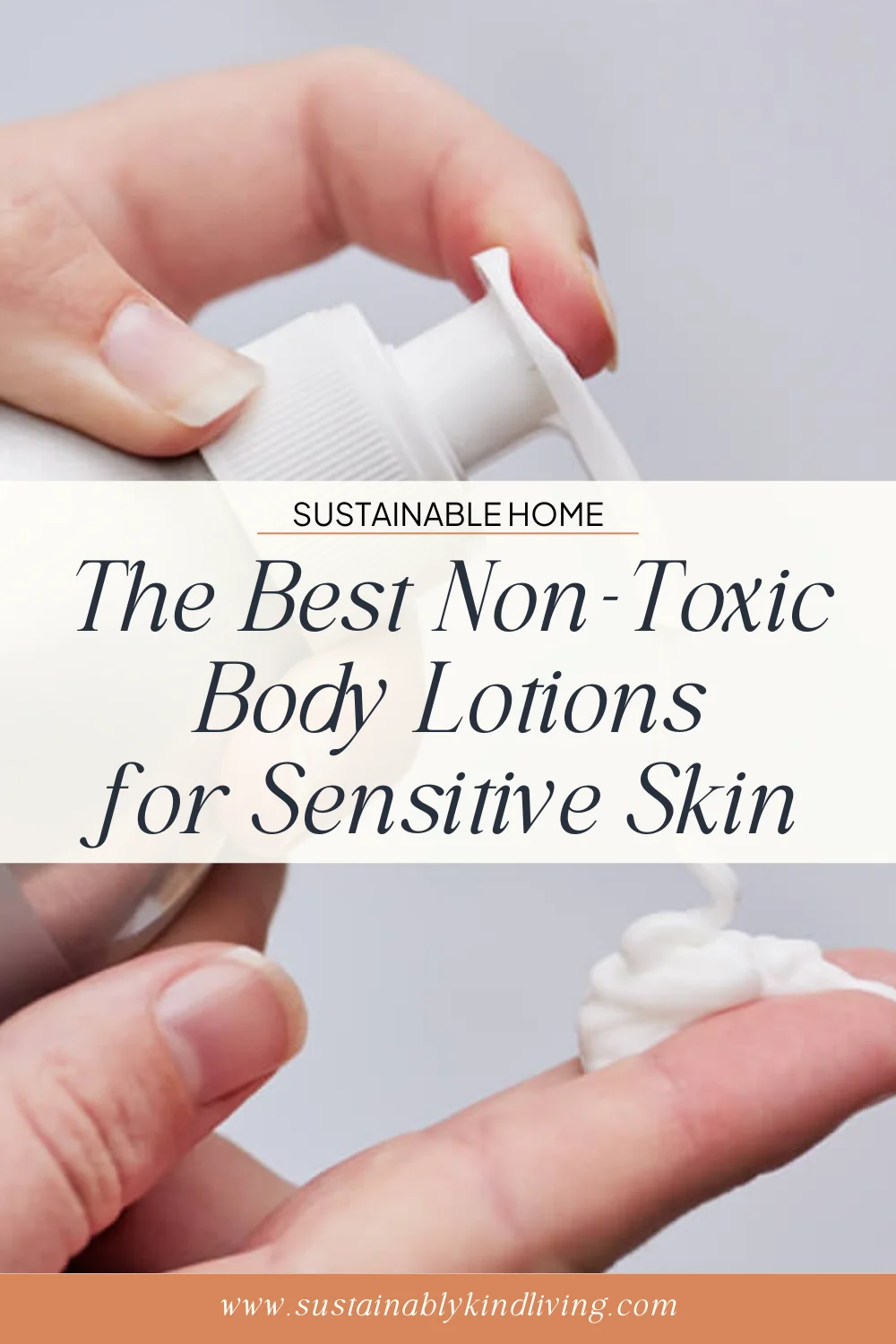

+ show Comments
- Hide Comments
add a comment